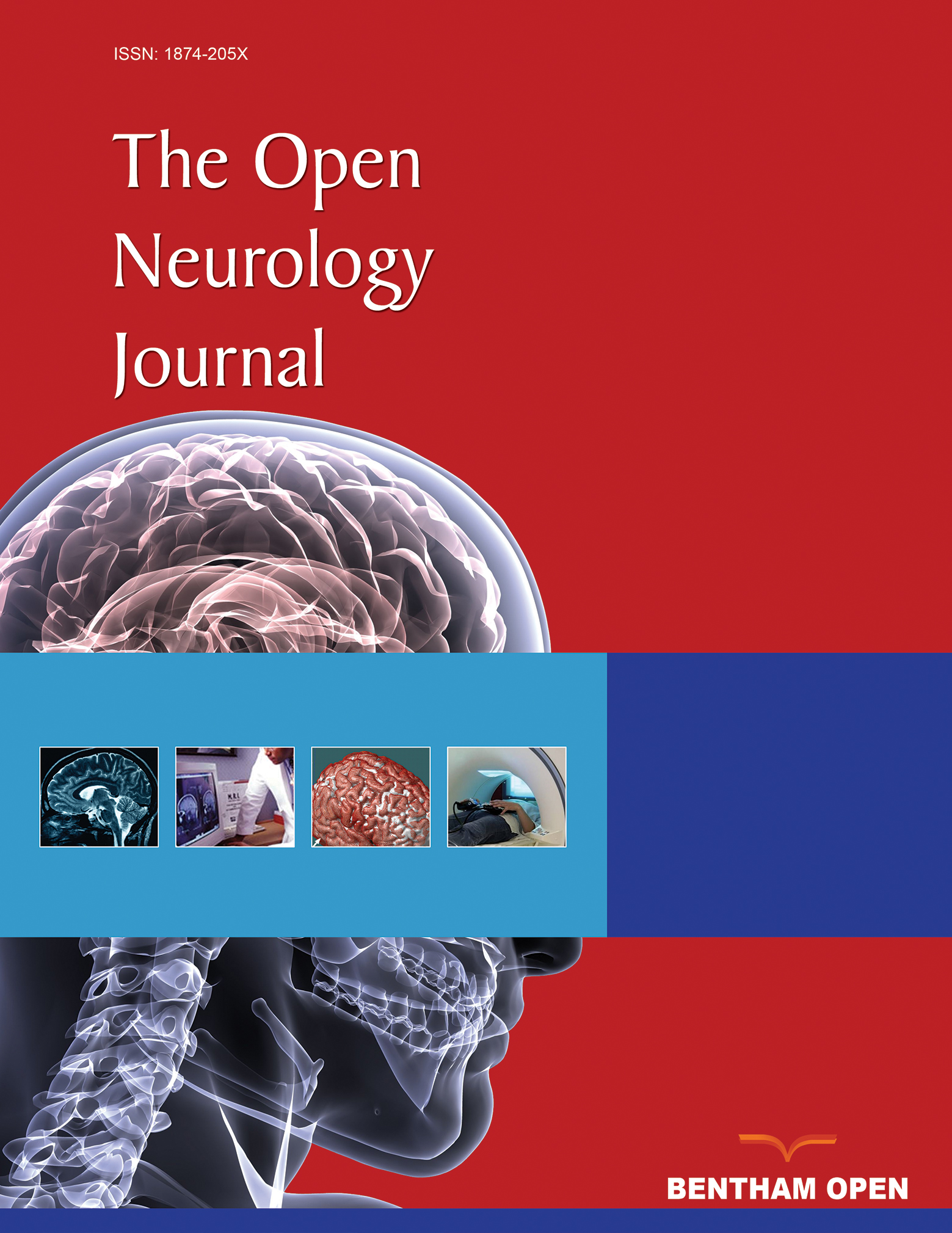All published articles of this journal are available on ScienceDirect.
COVID-19 Crisis: A Neurological Disorder Point of View
Dear Editor
The novel coronavirus disease 2019 (COVID-19) is spreading across the globe. Many studies that have recently been conducted confirmed the presence of some neurological symptoms in COVID-19 cases. The novel COVID-19 virus seems not to be neurotropic; however, the earlier discussion regarding this issue shows no solid evidence to change this view [1]. The impact of the virus on the brain and nervous system has been reported in some viral diseases, such as HIV, therefore, severe acute respiratory syndrome coronavirus-2 (SARS-CoV-2) might have an impact on the brain as well as the nervous system. The neurological impacts in COVID-19 cases are more likely the result of overactive immune response rather than brain invasion, as stated by some doctors [2, 3]. A recent study from Wuhan, China, among 214 patients, reported that about 36.4% had neurological complications [4]. The neurological patients are expected to be at increased risk beyond that of being diabetic, older, male, or suffering from heart disease, etc. However, there are no comprehensible data regarding the outcomes of patients with pre-existing neurological diseases or their treatment, and specifically the effects of immunosuppression [4]. In some more extensive studies conducted in France and China, about 36.0% of the COVID-19 patients had neurological symptoms [5, 6]. However, many of these symptoms could be a result of the robust immune system [7].
The COVID-19 cases keep rising worldwide, and an increase in the number of neurological symptoms has been reported. The common neurological symptoms that have been reported in COVID-19 patients are; dizziness, headache, myalgia, and anosmia, as well as the cases of encephalitis, encephalopathy, stroke, necrotizing hemorrhagic encephalopa-thy, epileptic seizures, rhabdomyolysis, and Guillain-Barre syndrome (GBS) [8]. Other symptoms such as loss of taste or smell, muscle weakness, and hallucinations were also observed [7]. Some changes in consciousness were also found in severe cases and reported to persist after recovery [7]. The SARS-CoV-2 infection causes a very strong response by the immune system [7]. This immune system response may directly cause neurological disorders in the form of GBS [7]. Stroke is also a condition that has been occurring at a higher incidence in patients with involvement in the body by this novel coronavirus. And the mechanism by which stroke occurs in the brain is unclear in this circumstance [9]. There are several cases of COVID-19 patients complicated by cerebral hemorrhages, however, there is limited information to prove this association. A SARS-CoV-2 was confirmed in the cerebrospinal fluid (CSF) of COVID-19 patients in China using genome sequencing [10, 11]. Impaired consciousness has so far been observed among many hospitalized COVID-19 patients. There can be different underlying reasons for a COVID-19 patient to present with altered sensorium, such as metabolic perturbation, viral encephalitis, seizures with postictal confusion, infectious, toxic encephalopathy, and stroke [10].
Neurological disorders are mostly chronic, long-term conditions. It is crucial to be aware of the likelihood of neurological manifestations of the novel COVID-19, more especially during acute illness as well as the possibility of long-term effects and the people affected may be at increased risk of the novel COVID-19. This SARS-CoV-2 is a new strain of coronavirus; still, the information is limited regarding how this strain will affect people with neurological disorders. According to the experts' assumption, those with underlying disorders may be at higher risk not only directly from the COVID-19 virus but also from being exposed to disruptions in healthcare provision [12]. Data is scarce at this point to decide if neurological disorders are directly associated with novel COVID-19. However, the experts stated that there might be an association between them [13]. Future epidemiological studies are recommended so as to explore the real incidence of these neurological disorders, their therapeutic options as well as the pathogenic mechanisms.


